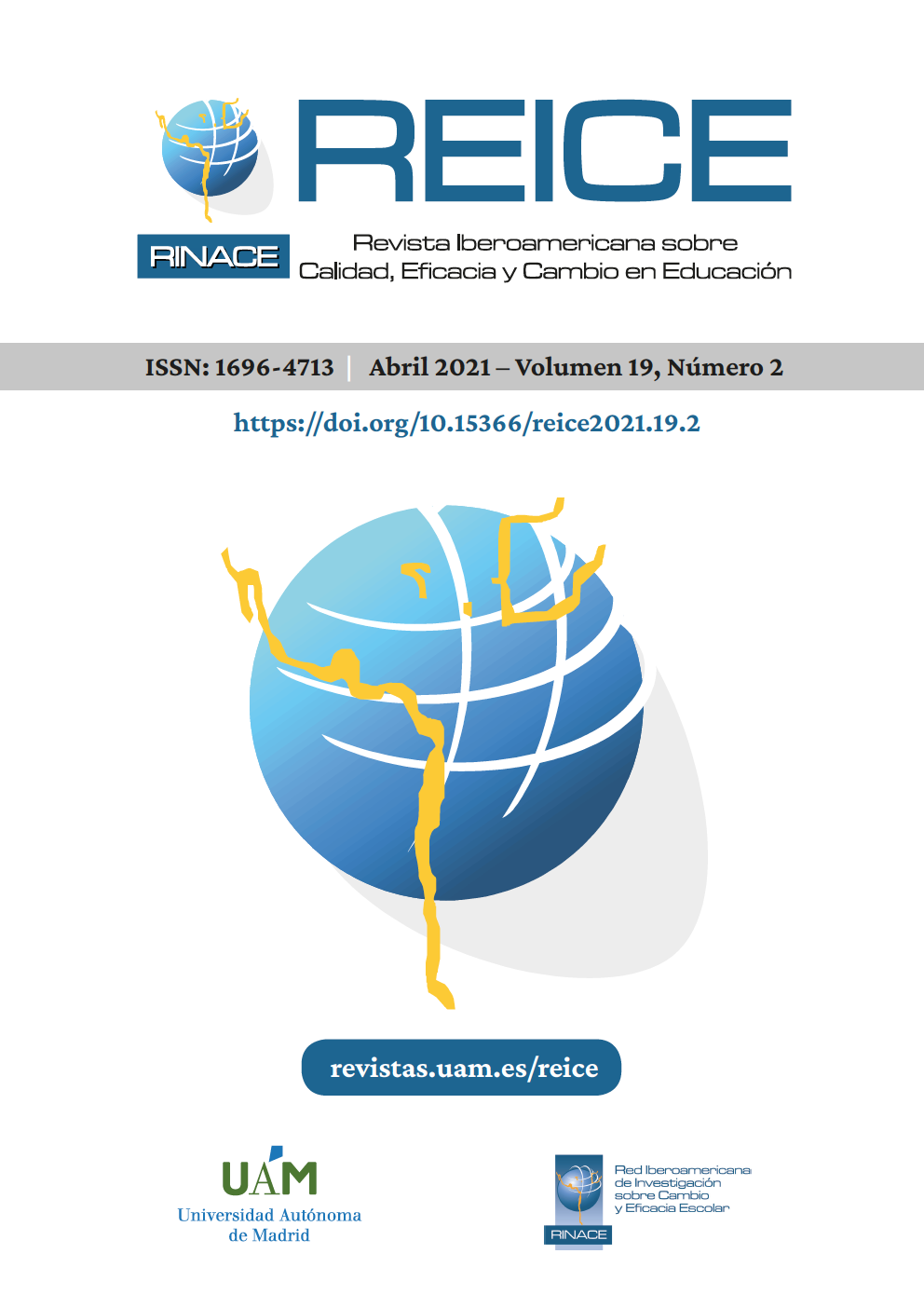Manage the Pedagogical Autonomy: A Recognized Quality Factor
Keywords:
Autonomy, Inclusion, Training, Leadership, Evaluation
This work is licensed under a Creative Commons Attribution-NonCommercial-NoDerivatives 4.0 International License.
Abstract
Today's society develops in democratic contexts based on valuation and respect for difference, as a source of mutual enrichment and global progress. As a result, diversity is recognized as an inherent characteristic of people, which, transferred to schools and classrooms, requires a model of inclusive education, capable of training different people in the same groups, but responding to the uniqueness of each of them. It is the valid formula for mutual knowledge to be given and prejudices arising from segregation during the stages of compulsory education to disappear. To implement the right answers in each school, pedagogical, organizational and management autonomy is required in educational institutions, which must have the possibility of making their own decisions to adapt the established system to the contextual realities and the particular population that they must attend to. The exercise of committed and responsible autonomy will be the basis of an educational quality relevant to the current requirements of society. To this end, the training of managers and teachers, inclusive leadership and internal institutional evaluation, are basic elements that will allow to achieve the objectives envisaged for the individual and for the whole of society.
Downloads
References
Ainscow, M. (2014). Desarrollo de escuelas inclusivas. Ideas, propuestas y experiencias para mejorar las instituciones escolares. Narcea.
Beltrán, F. y San Martín, A. (2000). Diseñar la coherencia escolar. Morata.
Bolívar, A. (2019). Una dirección escolar con capacidad de liderazgo pedagógico. La Muralla.
Cano García, E. (2003). Organización, calidad y diversidad. La Muralla.
Casanova, M. A. (2007). Evaluación y calidad de centros educativos. La Muralla.
Casanova, M. A. (2015). Diseño curricular e innovación educativa. La Muralla.
Casanova, M. A. (2017). Educación inclusiva en las aulas. La Muralla.
Casanova, M. A. (2019). Manual de evaluación educativa. La Muralla.
Davis, G.A. y Thomas, M.A. (2007). Escuelas eficaces y profesores eficientes. La Muralla.
Elliott, J. (1990). La investigación-acción en educación. Morata.
Morin, E. (2001). Los siete saberes necesarios para la educación del futuro. Paidós Studio.
Moya, J. (2015). La educación como derecho. Bases para un consenso razonable. La Muralla.
Murillo, F. J. y Hernández, R. (2014). Liderazgo escolar, un elemento clave en la promoción de la educación para la justicia social. Revista Internacional de Educación para la Justicia Social, 3(2), 5-10.
Neill, A. S. (2014). Summerhill. Fondo de Cultura Económica.
Redondo, N. (2011, 18 de marzo). ¿El pasado siempre vuelve? El Economista.
Ryan, J. (2017). Un liderazgo inclusivo para las escuelas. En J. Weinstein (Ed.), Liderazgo inclusivo en la escuela: Nueve miradas (pp. 177-204). Ediciones Universidad Diego Portales.
VV.AA. (2009). La autonomía de los centros educativos. Consejería de Educación de la Comunidad de Madrid.
VV.AA. (2011). Actuaciones de éxito en las escuelas europeas. Ministerio de Educación de España.
Zabalza, M. A. (2000). Diseño y desarrollo curricular. Narcea.

